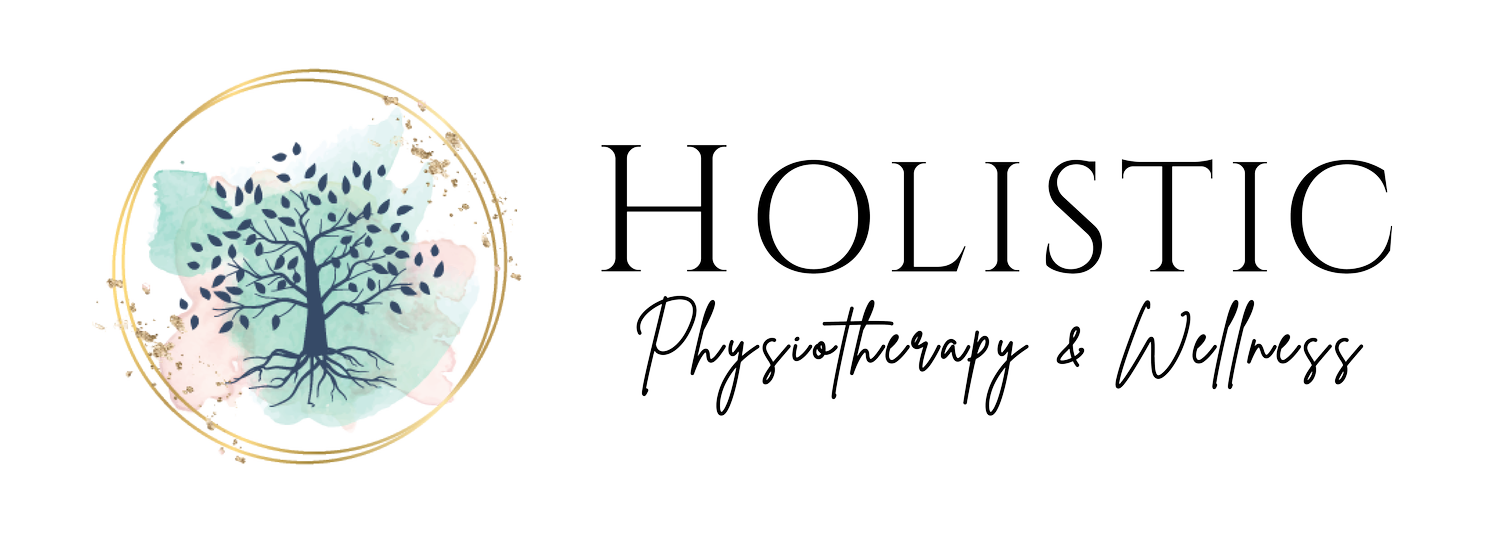Understanding The Mind-Body Connection
Written By Kim Deschamps | February 7, 2023
Few of us live a life exempt from loss or pain. Anyone who has lost a loved one too soon or gone through a bad breakup can recall not only their emotional reaction but their physical reaction as well. The loss of appetite, fatigue, insomnia. Heartache is something most of us can relate to, but why? How does an emotional event lead to physical symptoms?
Welcome to the mind-body connection. Scientists and medical practitioners are discovering more every day about the link between our mental and emotional lives and our health, in both the short-term and the long term. The philosophy of a holistic practice like ours here at Holistic Physiotherapy & Wellness is built around this very notion – that in order to be fully healthy, we must be healthy in body, mind, and spirit. We further acknowledge the influence that any one of those ‘parts’ can have on the whole person, because they are woven together in such a way that they cannot be separated.
A lot of this comes down to the link between your brain and your ‘second brain’ - the gut – and the chemical messengers that go between them. Consider the ‘stress hormones’ of adrenaline and cortisol. They give us instant jolts of energy when we react to a sense of danger… or just plain stress. If we experience that hormone-inducing stress too often, it can tax our system and show up as digestive issues, a weakened immune system, or trouble bouncing back from illness or injury.
It’s not a big leap to contemplate how our beliefs, thoughts, and general outlook on life can have a significant impact on our health too. The power of positive thinking has long been touted for helping to reduce stress; the opposite is also true. If we dwell on the things that make us sad or angry, our stress goes up – and our health and happiness go down. Over time, the effects are compounded and can lead to a delay in rebounding from a physical setback or make it more difficult to find the motivation to engage in healthy behaviors.
Negative thought patterns can be addictive and challenging to break. That’s where mind-body therapies can help a person heal through mindfulness, reduced stress, and finding a healthy balance. There are so many ways that a holistic health practitioner can guide a patient away from a dark or pessimistic head space and toward the lighter emotional weight that comes from calm and clarity. Here are just a few therapies that might work well for someone looking to use the mind-body connection… for good!
Gratitude Practice: One simple and powerfully effective boost to the mind-body connection is to build in a gratitude practice. When we focus on positive things in the world and recognize the gifts we are given, it can dramatically increase our sense of well-being. Try keeping a gratitude journal and write down 3 things you are thankful for each day.
Cognitive Behavioral Therapy: CBT is a technique that teaches people how to identify negative emotions and their accompanying triggers; from there, one develops greater control over their mind so they can default to positive thoughts and feelings when faced with those same triggers. We often encourage patients to connect with a mental health practitioner that is trained in CBT and other trauma-informed practices to assist with your healing journey and overall wellness.
Meditation: Meditation is a practice that focuses our awareness so that we can let go of negative thoughts, invite positive thoughts, and find a stillness that can help clear our minds. There is a close link between meditation and mindfulness, and both yield incredible benefits for the mind-body connection. Learn more about mindful meditation here.
Yoga Therapy: Yoga therapy utilizes poses, breathing techniques, and meditation to benefit and improve overall health in an integrated way. Therapeutic yoga is an inherently holistic approach, simultaneously working on the body, mind, and spirit. Our practice employs mindful movement, breath practice, and spiritual connection with a multi-system focus. (Learn more about Yoga Therapy services here).
If you question the ‘conversation’ that your mind and body are having, it’s time to listen a little more closely – or even join the conversation by adding some intention to it. By becoming more aware of your thoughts and how they make your body feel, you can start to build a better mind-body connection


